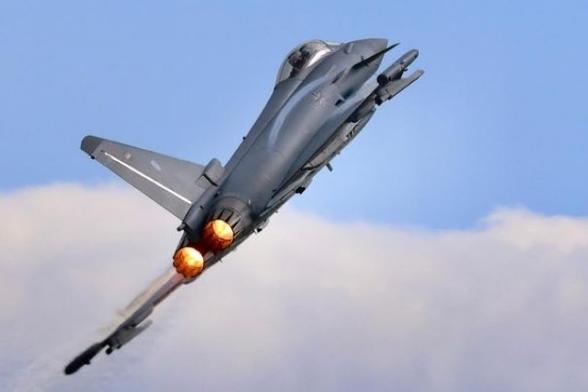"The key point is that state investment in arms production may contribute to higher rates of profit across the economy, but only under certain circumstances. It is by no means guaranteed. Marxist economist Michael Roberts, in his review of Elveren’s 2019 book on military expenditure, put it succinctly: “In the great scheme of things, milex [military expenditure] is not decisive for the health of the capitalist economy.”
In fact, Roberts argues, following on from Paul Mattick’s critiques of the permanent arms economy thesis during the 1960s, state investment in arms production imperils the capitalist accumulation process by “restricting the volume of use values that can be employed for reproductive purposes.” This becomes especially problematic when an economy is descending into recession conditions, when capitalists are already loath to invest in production and likely to speculate or hoard.
While large-scale state investment in arms production during the early decades of the Cold War played a role in spurring growth and prosperity, continued military investment in the latter decades of the twentieth century and beyond may have accelerated economic decline. Between 2006 and 2010, for example, US military spending was on the rise in both absolute and relative terms, just as the broader economy spiraled into recession conditions.
War and war production in the neoliberal period have became increasingly technologically intensive. As such, this failure to cohere to the midcentury pattern may illustrate precisely Mandel’s critique of the permanent arms economy thesis: the contradictory effects of military expenditure and the higher-than-average composition of capital in arms-producing industries."
https://jacobin.com/2025/06/war-economy-military-keynesianism-workers
#Manufacturing #MilitaryIndustrialComplex #MilitaryKeynesianism #Capitalism #ArmsProduction #War #WarProduction #MilitaryEconomy #USA
